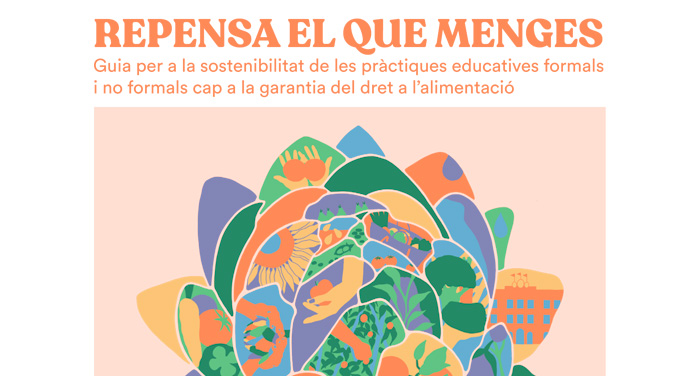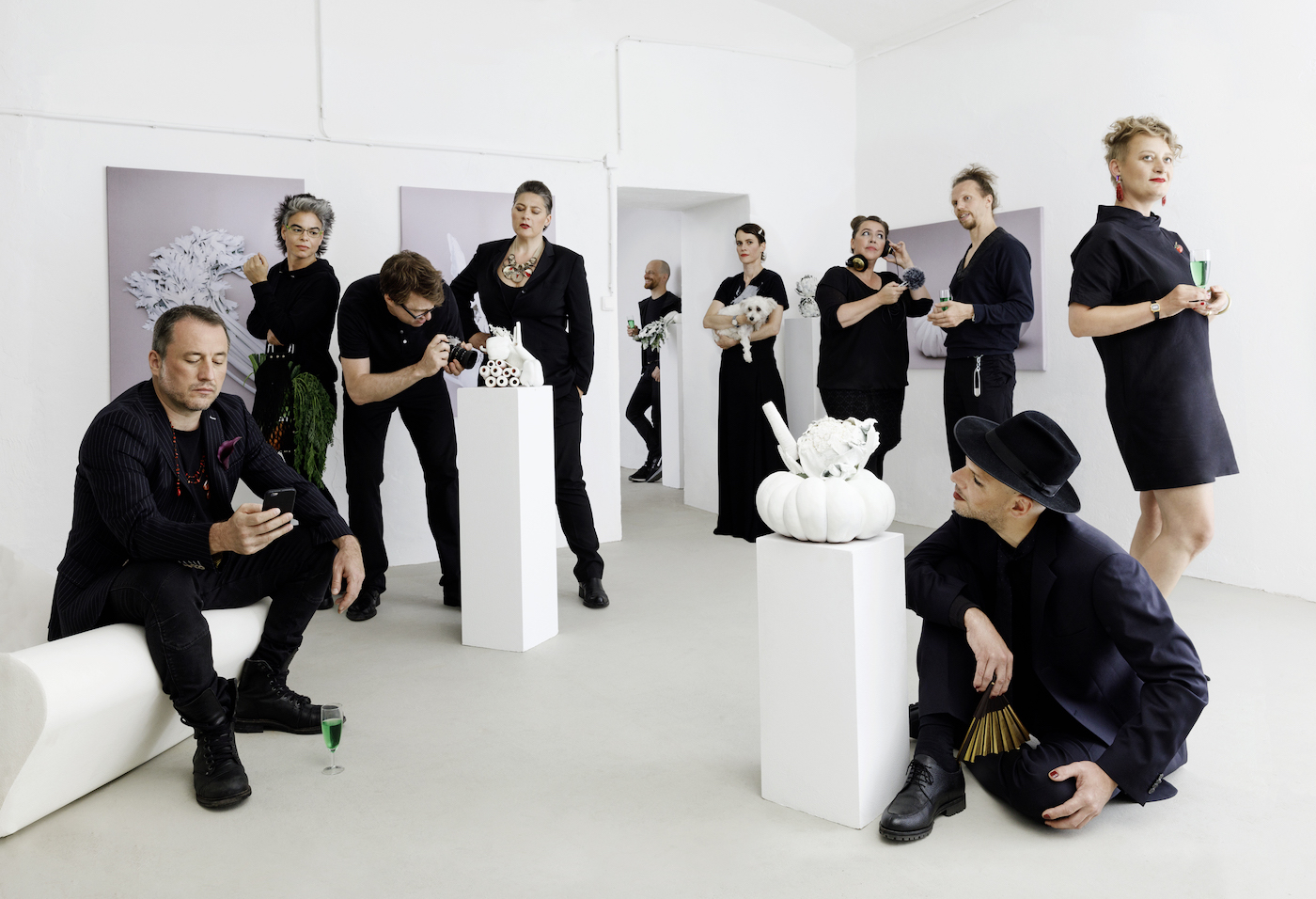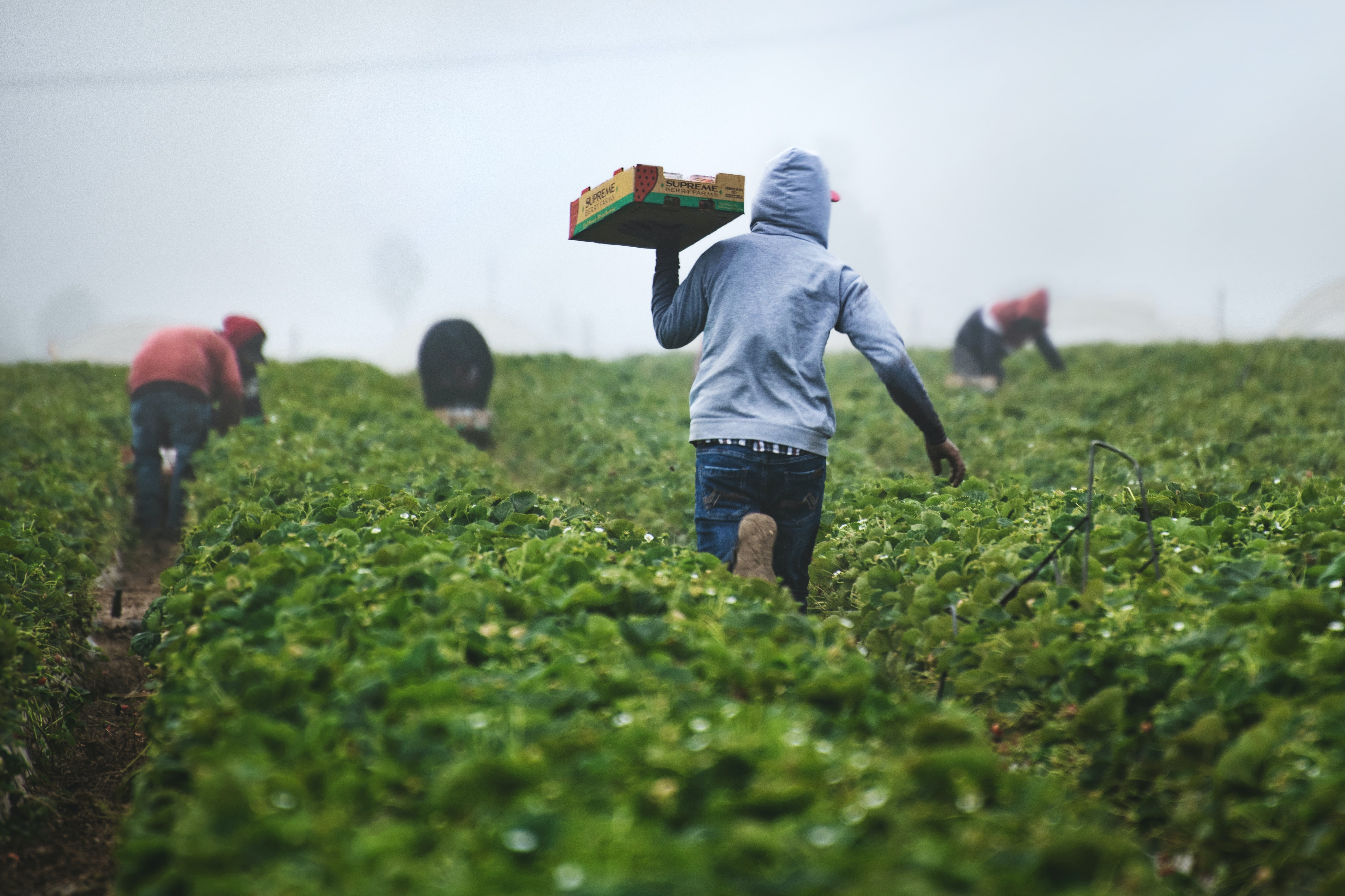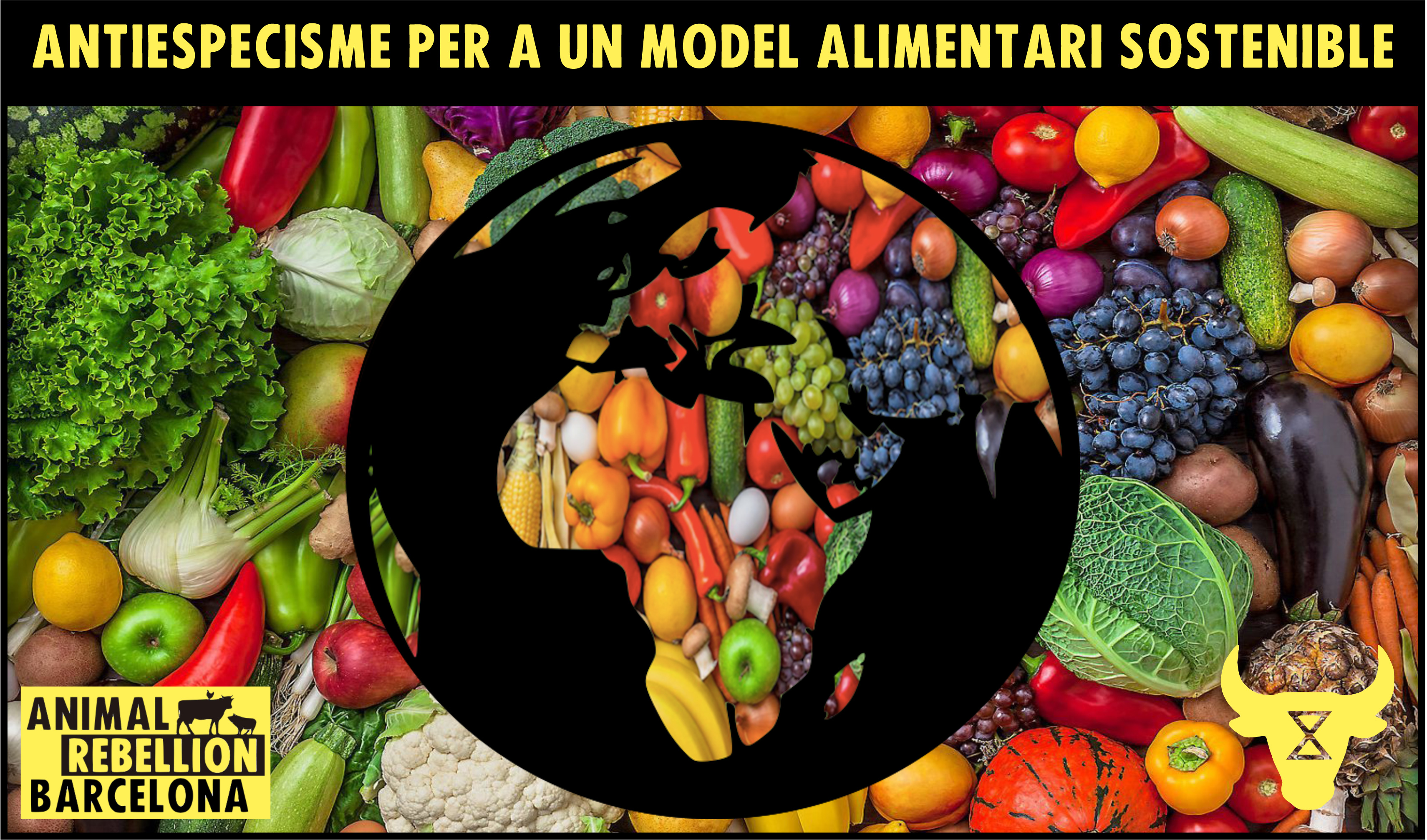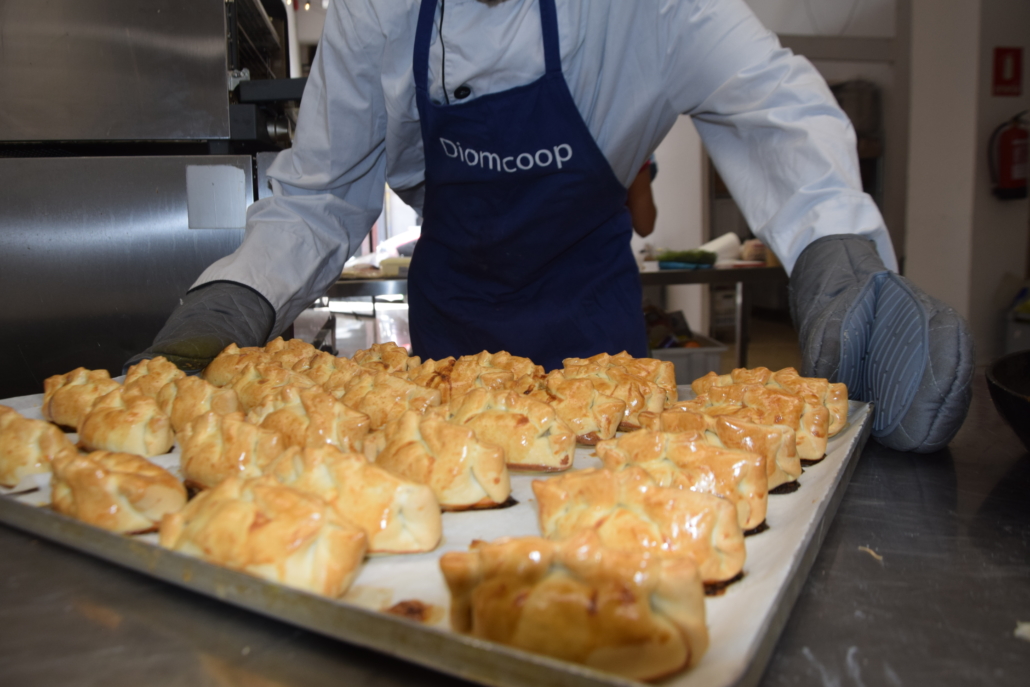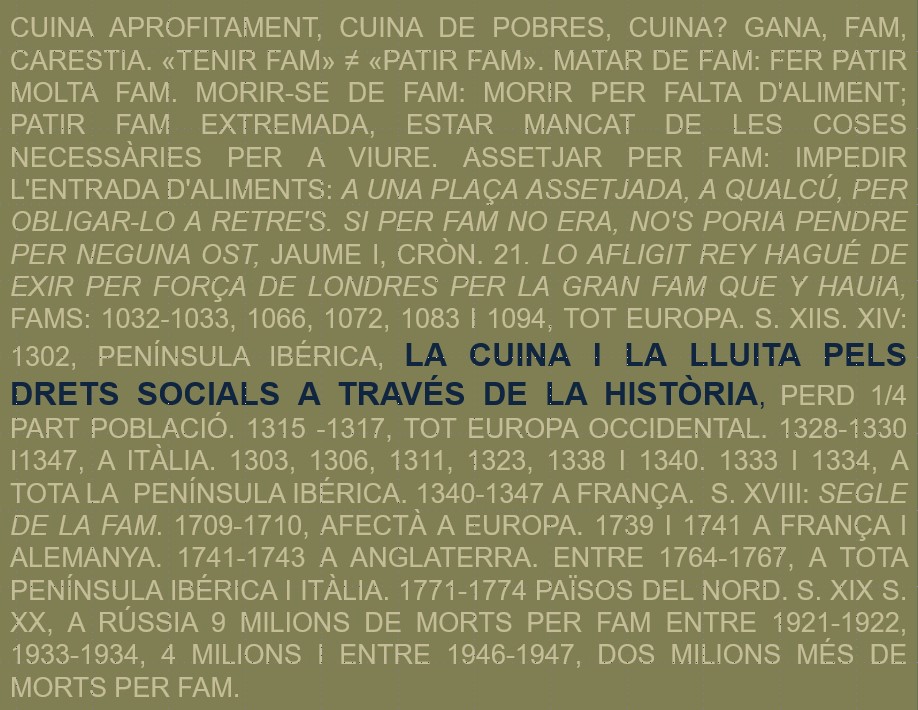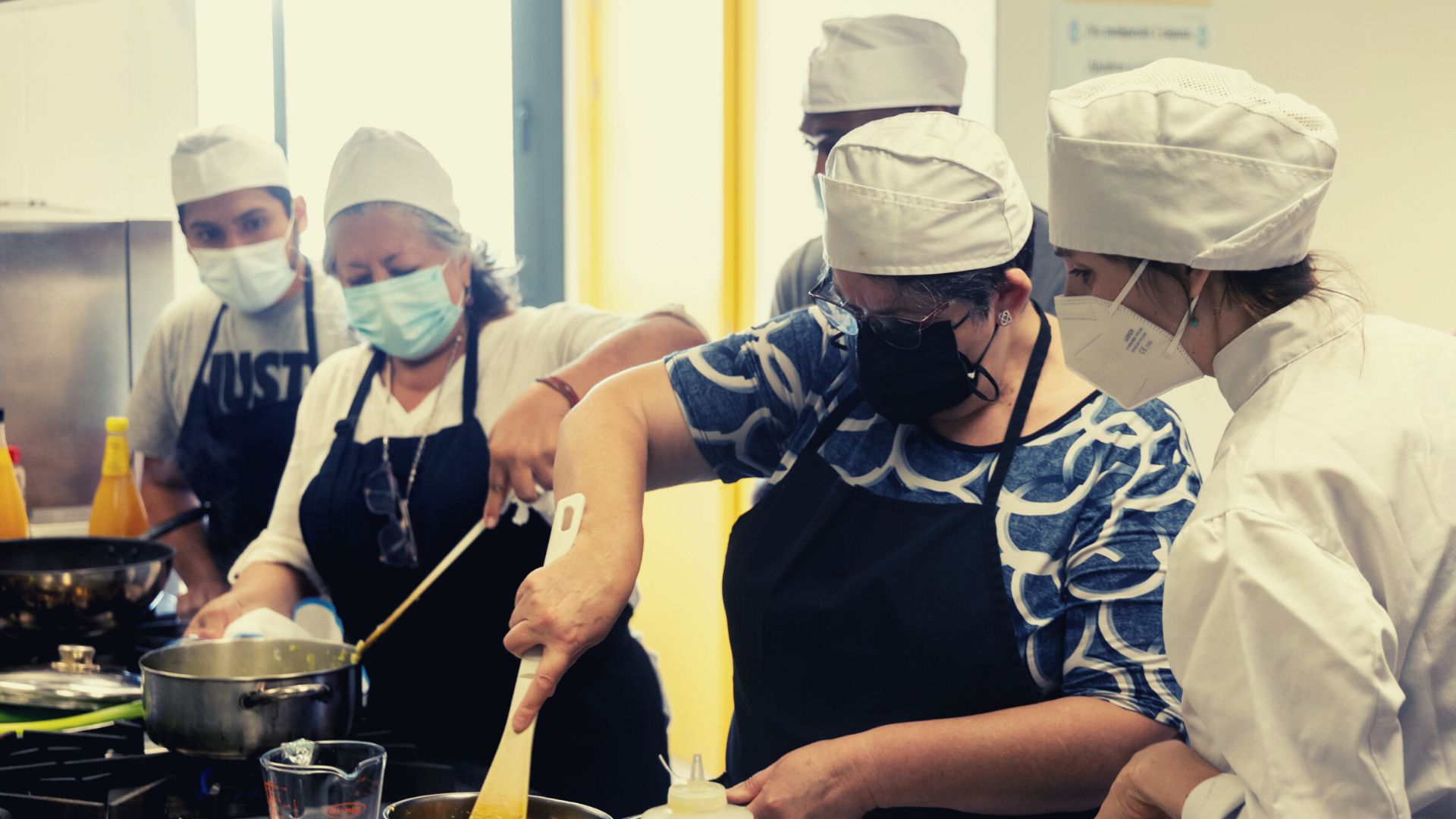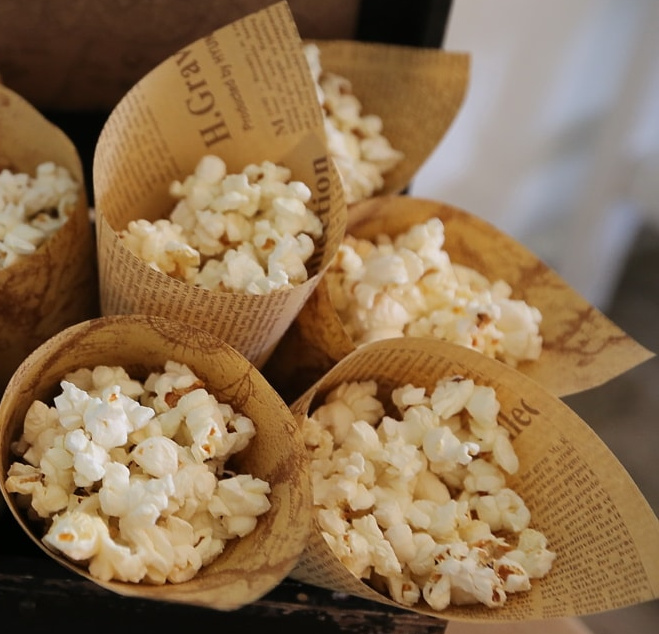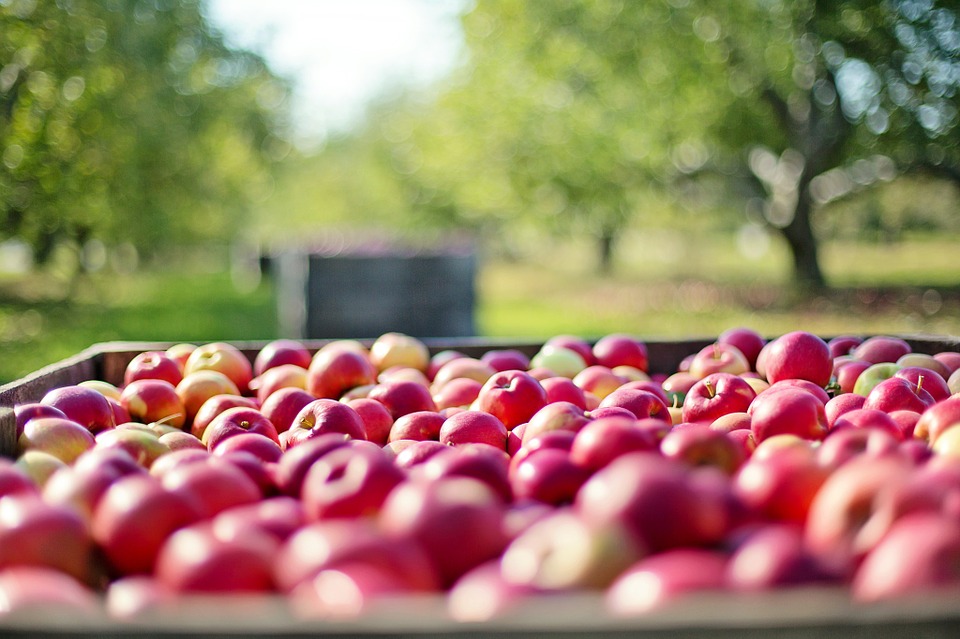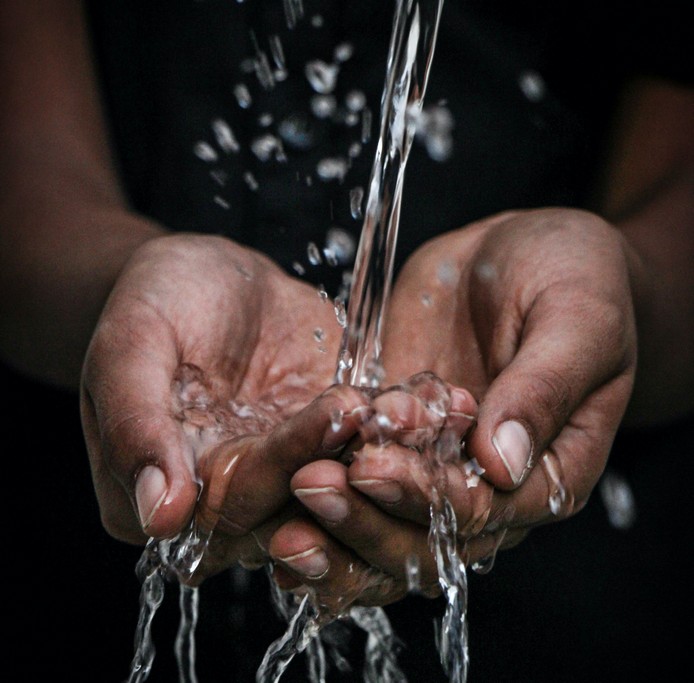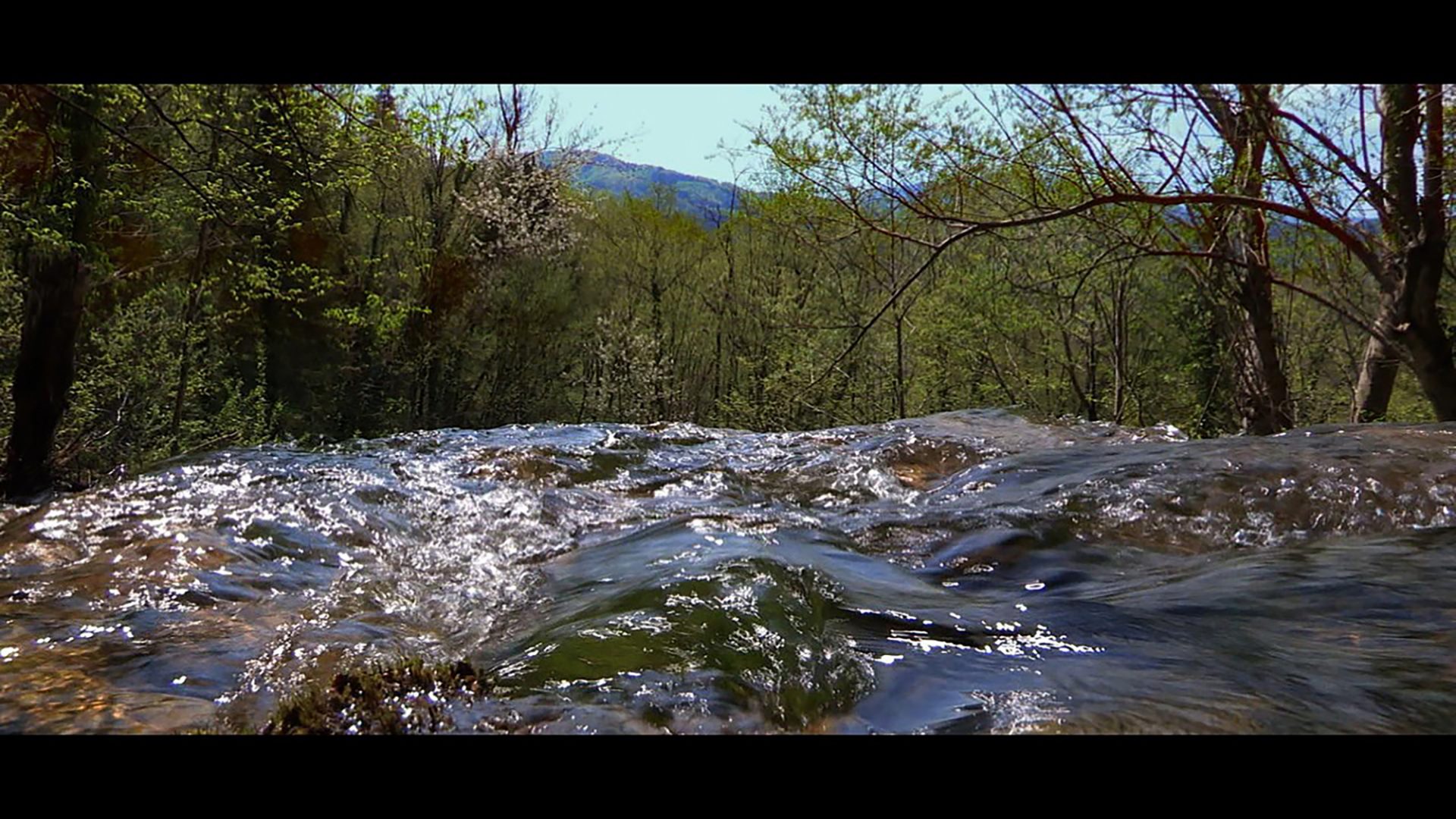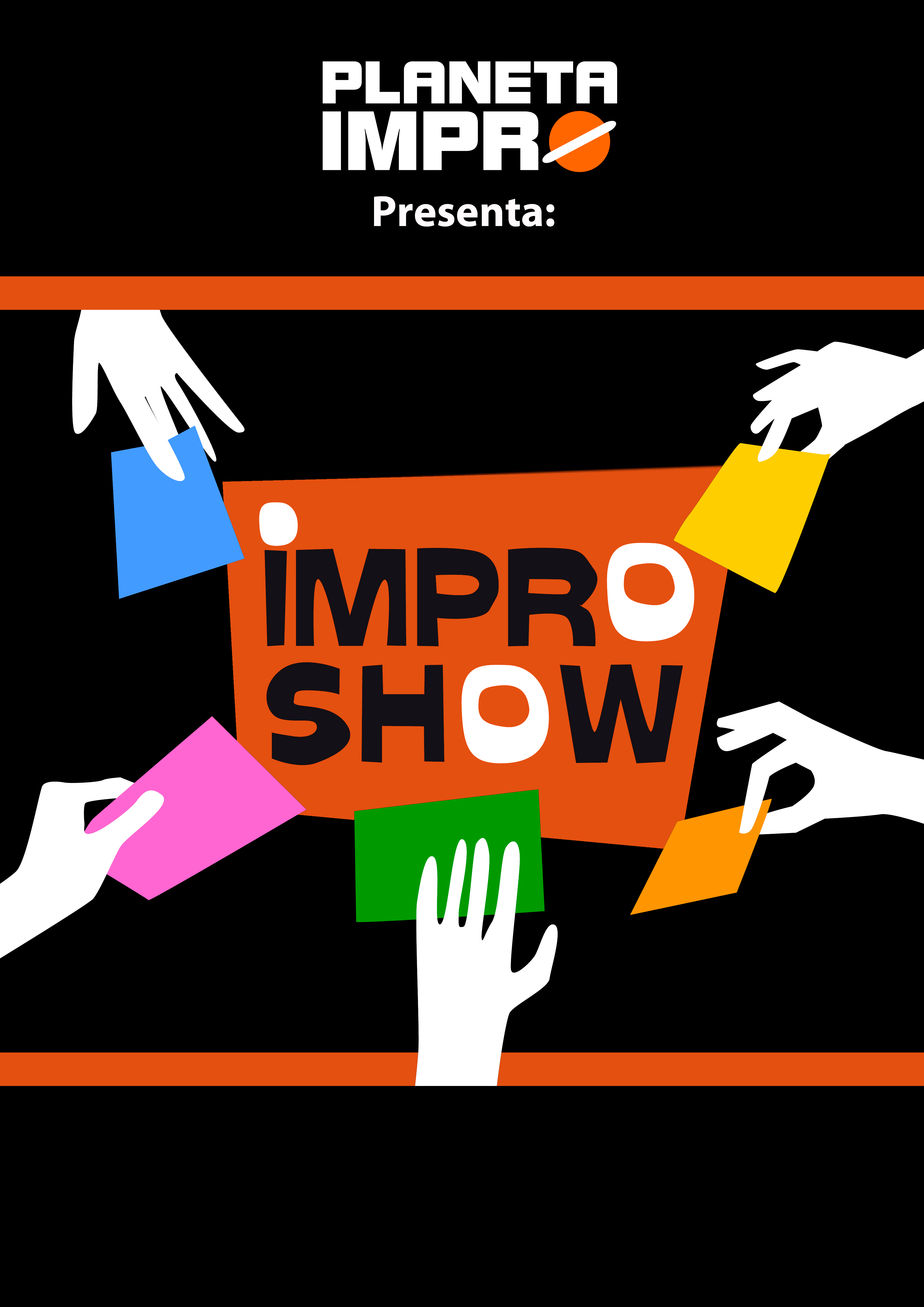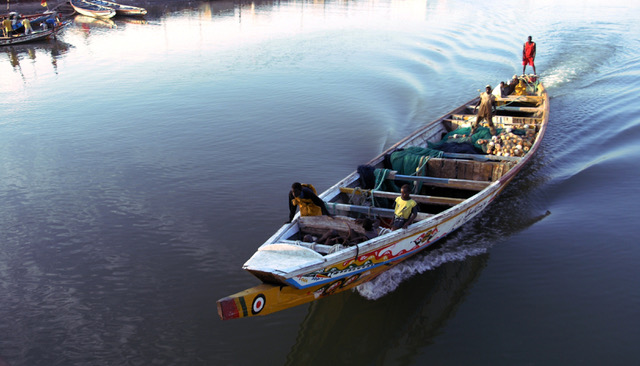Food and social rights
EATING IS A POLITICAL ACT THAT CHANGES THE WORLD.
The act of eating is directly related to politics and economic interests. The more aware we are of this, the more we can contribute to a more sovereign, fair model from the dinner table. There are an increasing number of initiatives that focus on food sovereignty; in other words, the ability to make decisions about what we eat, where it is from, the processes food has been subject to, the distribution system, etc. Understanding it, sampling it, questioning it and seeing it brings citizens closer to the idea that food is a political act that can lead to a fairer model.
Activities description: What social challenges does the food cycle face? What role does the food cycle play in human migration? What is the role of women in the food cycle? These are just a few of the questions that will be addressed as part of these activities. Also, we will look at the effect of the commodification of raw materials and water on the food balance and imbalances on our planet.
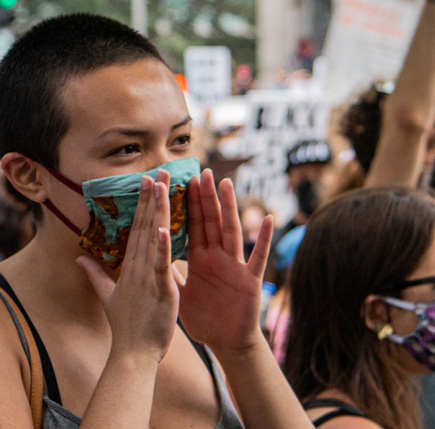
Alimentació i drets socials
- October 14th - 19.30 HPlaça de Sant JaumeShow
The start off the week will be a chorus, musical, and participative. Having their say will be the real heroes of sustainable food, those involved in the food cycle: the fishermen, drivers, chefs, farmers, ranchers, market vendors. The speech will be intertwined with the large mechanical orchestra of Cabo San Roque, distributed in the form of a sound mural in front of the City Hall, along with the active participation of the public, in a collective musical creation composed especially for the occasion. A show that highlights all the participants behind the food supply network and gives them a voice.
- Scenography and musical composition: Cabo San Roque
- Stage direction and coordination: Edi Pou
- Idea and concept: Virginia Angulo / Martín Garber
- October 15th - 20.00 HPlaça ReialRadio programme
The best radio team will carry out a live program that you cannot miss. Next Friday, October 15, on the occasion of Sustainable Food Week, they will interview different people with a lot to say in the world of food, with transforming projects of the current food system and focused on change. There will also be live music by rapper Anier. See you on October 15 at 8:00 p.m. in the Plaza Real in Barcelona. (In case of being left without an invitation, do not hesitate to come and occupy the chair that some soulless person has left free). Carne Cruda is an independent and alternative program financed by its listeners, which deals with current affairs and social interest, which promotes cooperation and the fact of freely sharing culture.
- October 16th - 20.00 HPlaça ReialTalk
Presentation of Repensa el que menges (Rethink What You Eat), a guide for the sustainability of formal and non-formal educational practices in the promotion of the right to food through the service learning methodology.
- October 16th - 20.00 HTeatre del CCCB, Jardí dels Tarongers, Plaça del Rei, Parc de la BarcelonetaShow
A unique musical group, the Vegetable Orchestra, plays instruments made from fresh vegetables. The use of various vegetable instruments makes for a unique musical and aesthetic universe. The Vegetable Orchestra covers the most diverse musical styles, combining genres from electronic music to jazz. The newly created instruments determine the resulting sound. A Vegetable Orchestra concert appeals to all five senses.
- October 17th - 12.00 HJardí dels TarongersRound table
This debate forum will be centred around social rights as they relate to food. How can we transition towards a model that respects them?
The right to food is a basic right to be able to live, and it is linked to many other social rights. Currently, however, the food supply model is socially unsustainable, as it does not guarantee access to adequate food for all, and at the same time, it leads to a violation of rights.
In this discussion forum, different people involved in the agricultural world will talk about their experiences, the violations of rights that occur at the source, but also throughout the entire food chain, and the global impacts of the industrial food system. In addition, emphasis will be placed on possible alternatives to the globalised food system, and on how to make the transition, both in the field and in the city, to move towards food sovereignty with gender justice.
- October 17th - 12.30 HPlaça ReialTalk
Animal Rebellion is an international movement calling for a transition to a fair and sustainable, plant-based food system in order to stop the mass extinction of species, alleviate the worst effects of the climate emergency, ensure justice for animals and prevent the climatic and eco-social collapse of our planet.
The animal industry is one of the main causes of global warming and therefore of climate change.
We demand that governments and institutions tell the truth and act now!
- October 17th - 14.30 HJardí dels TarongersCulinary experience
Through the preparation of typical Senegalese dishes, we explain the situation of that country's fishing industry, and emphasise the need to create other models of responsible consumerism in regard to the environment and people.
The menu will be:
- 2 wraps (vegetables or chicken)
- Rice
- Juice(Bissap o Ginger)
- 2 begnesWe hereby inform you that we cannot guarantee that the meals served during this event are free of substances that may cause some type of allergy or food intolerance.
- October 17th - 17.30 HJardí dels TarongersTalk
We will explain how from the earliest civilisations, hunger and food scarcity have been the driving force in the struggle for the improvement of living conditions and the social rights of people.
- October 17th - 18.00 HJardí dels TarongersTalk
Presentation of the Alimenta project, which aims to build a new support model based on a public-social partnership: cooperation and networking between Barcelona City Council, social entities, and the food business network in the city.
- October 17th from 18.15 to 19.30 HPlaça ReialRound table
Interactive dialogue between journalism and agroecology to highlight the relationship between the right to information and food sovereignty or the right to food.
Both information and food are currently treated as a mere commodity, when in fact they are fundamental human rights.
Recovering a real and truthful representation of agricultural and food market experiences is essential to improve and make our food more sustainable. - October 17th - 18.30 HJardí dels TarongersTalk
Regardless of whether or not legislation explicitly recognises this (the Spanish Constitution does not), food-resource management historically falls under the responsibility of the authorities, which combine it with supply and export policies, rationing, social assistance, food-market regulation etc.
The purpose is to guarantee the population’s access to a minimum subsistence, even in shortage situations, which ensures every member of society a decent and dignified life. The legitimacy of hunger revolts throughout history highlights how the everyday management of subsistence is a permanent challenge among those governing and those governed.
- October 17th - 19.00 HJardí dels TarongersTalk
Nearly 2.2 billion people have no access to safe drinking water, despite living near rivers, lakes or aquifers. At the same time, by turning water into a traded financial security in futures markets, that access becomes even more difficult and the vulnerability of millions of people increases.
Pedro Arrojo Agudo, the UN Special Rapporteur on the human rights to drinking water and sanitation, offers the Week a specially recorded message, where he speaks about the challenges that humanity is facing in relation to this asset that is essential for life. - October 17th - 20.00 HJardí dels TarongersScreening
After the gold and the oil rush, the time of the water rush has now dawned. In addition to the growing population and the spread of agriculture, problems such as environmental pollution and global warming are now being faced. The demand for water is skyrocketing all over the world. In 2050 at least one in four people will live in a country with chronic water shortages. Reason enough to arouse the greed of the financial giants, who are sounding the attack and investing billions of euros in this sector. Whether Goldman Sachs, HSBC, UBS, Allianz, Deutsche Bank or BNP: banks, investment funds and hedge funds are pouncing on everything that has to do with the blue gold.
But can freshwater be considered a commodity on a par with oil, coal or wheat? Can we allow the players in these markets - banks and investment funds - to create financial instruments that enable them to bet on the value of water? Should this precious resource even be declared untouchable in order to protect it from the sharks of the financial world? From Australia to California and from New York to London, this investigative documentary tells of the current struggle between the advocates of the "financialisation" of water and the defenders of water as a human right. This head-on clash takes place in several fields: ideology, politics, environmental issues and, of course, the economy. And the fate of the almost 10 billion inhabitants of our planet depends not least on its outcome. - October 17th - 20.00 HPlaça ReialShow
At the improshow we play with knowledge about food, sustainability and the climate emergency. We’ll be improvising everyday situations connected with sustainable food and local organisations, through humour and based on audience suggestions.
An innovative experience in which the audience will become the authors of stories that are surprising, exciting and fun. - October 21st - 22.00 H (variable according to betevé programming)Betevé broadcastingDocumentary film season
A confrontation between two civilisations and their ways of managing ocean resources: thanks to a multimillion-dollar agreement with the Senegalese government, every year, 500 European fishermen work in the waters off the coast of Senegal, equipped with the most advanced technologies. Every day, Senegalese fishermen go out to sea on fifteen thousand canoes to fish what is left from this unequal competition, equipped with knowledge of local currents and fishing grounds. The tragedy, however, is imminent: experts estimate that in a couple of decades there will be no fish left to fish.
This activity is part of the Betevé documentary film series that includes the films Fermentación espontánea, Taste the waste, Food for change and Il mare piange.



